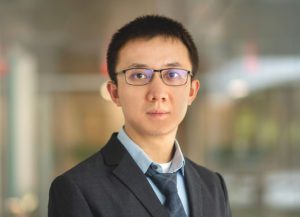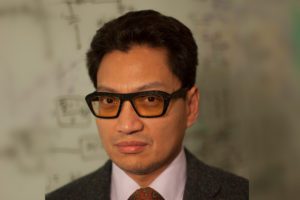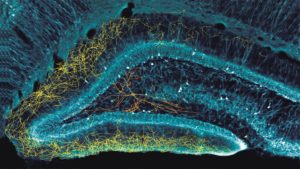Mohanty’s research is focused on advancing high electron mobility transistors for next generation wireless technologies.


Mohanty’s research is focused on advancing high electron mobility transistors for next generation wireless technologies.

Jian’s research is focused on improving the efficiency of high-power electronics, which is important for energy security and sustainability.

Sheth is the co-founder of Inspiritus Health and has developed a simple to use, non-invasive medical device that keeps patients’ muscles engaged when they are on a ventilator to prevent muscle atrophy.

His research develops computational methods for learning succinct representations from high-dimensional data.

A charge-neutral information carrier could cut energy waste from computing, now that it can potentially be transported within chips.

Using retired electric vehicle batteries, the project plans to enable widespread and equitable access to sustainable power and energy through sustainable energy storage.

Cheng-Hsun Lu,
Shih-Chi Liao, and Jiale Zhang have been awarded the Rackham International Students Fellowship/Chia-Lun Lo Fellowship.

A longstanding collaboration between engineers and neuroscientists leads to new insights into how neurons work in the hippocampus.

Prof. Peter Seiler co-authored the paper that focuses on reachability analysis for a variety of systems, including aircraft control and autonomous vehicles.
PhD student Trevor Odelberg is looking to enable long range, highly reliable, and low-power cellular IoT devices that one day can run entirely on harvested energy, reducing battery waste and empowering devices to last for decades.
The post Batteryless next-generation cellular devices could empower a more sustainable future appeared first on Michigan Engineering News.